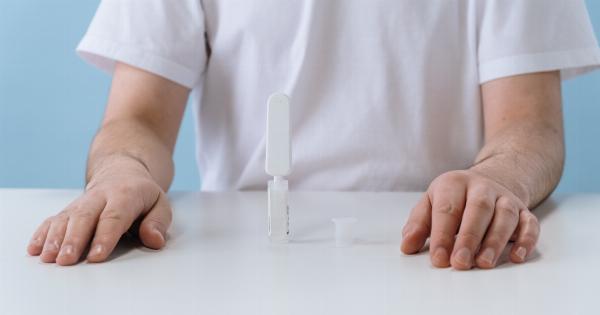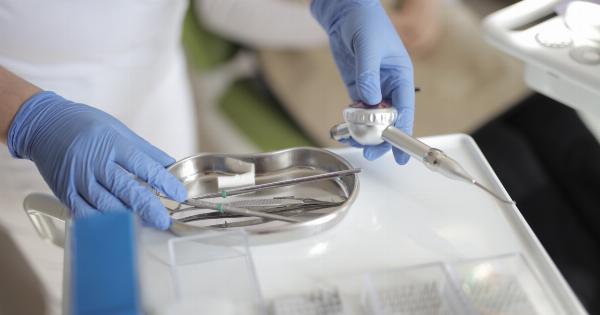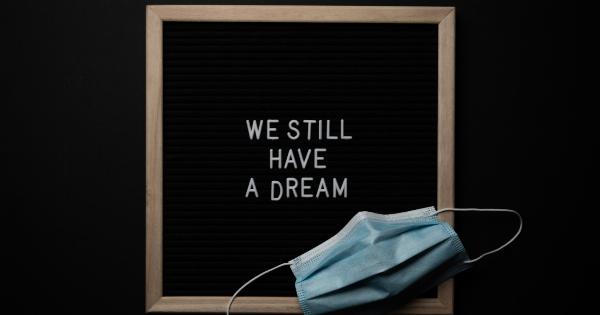Cardiovascular disease is the leading cause of death worldwide, and without timely intervention, it can lead to significant morbidity and mortality.
Unfortunately, not everyone has access to healthcare, and uninsured individuals may not receive timely screenings that can help prevent or manage cardiovascular disease. However, there are several options for cardiology screenings for the uninsured that can help diagnose and treat cardiovascular disease in its early stages.
Community Health Clinics
Community health clinics are a vital resource for uninsured individuals who need access to healthcare. Many community health clinics offer cardiology screenings and other preventative services to help individuals manage their cardiovascular health.
These clinics often have sliding-scale fees based on income and can offer services at a reduced cost or for free to those in need.
Mobile Medical Units
Mobile medical units are another option for individuals who may not have reliable transportation or access to a traditional healthcare facility.
These units operate in various locations throughout a community and may offer cardiology screenings, blood pressure checks, and other health assessments. The cost may vary, but some mobile medical units offer services at no cost or on a sliding scale based on income.
Non-profit Organizations
Non-profit organizations that focus on cardiovascular health may offer free cardiology screenings to uninsured individuals.
These organizations often partner with healthcare providers or local clinics to offer their services and can provide referrals for follow-up care if needed. The American Heart Association is one organization that offers free cardiovascular screenings to uninsured individuals.
University Medical Centers
University medical centers often have clinics that offer cardiology screenings to uninsured individuals. These clinics may be staffed by medical students under the supervision of licensed physicians or may have a team of experienced cardiologists.
These clinics may offer services at a reduced cost or for free, depending on the individual’s income level.
Government Programs
Several government programs provide access to cardiology screenings for uninsured individuals.
The National Heart, Lung, and Blood Institute offers a clinical trials database that can help uninsured individuals locate clinical trials that focus on cardiovascular health. The Centers for Disease Control and Prevention also offers a list of federally funded health centers that provide a range of healthcare services to uninsured individuals.
Pharmacies
Some pharmacies offer cardiology screenings to uninsured individuals. These screenings may include blood pressure checks, cholesterol testing, and other assessments that can help determine an individual’s risk for cardiovascular disease.
The cost of these screenings may vary by location, but many offer them at a reduced cost or for free.
Employee Assistance Programs
Employee assistance programs provided by some companies may offer cardiology screenings to uninsured individuals.
These programs are designed to support employees’ health and well-being and may offer a range of health assessments and preventative services, including cardiology screenings. Individuals who are unemployed may not have access to these services, but they can check to see if their previous employer offers these programs and if they are eligible to access them.
Telemedicine
Telemedicine is an option for individuals who may not have access to traditional healthcare facilities or who may have mobility issues.
Telemedicine appointments can be conducted from anywhere with an internet connection and can help individuals receive cardiology screenings and other assessments in the comfort of their own home. These appointments may be covered by insurance or may be available at a reduced cost or for free to uninsured individuals.
Conclusion
Cardiology screenings are a crucial part of managing cardiovascular health and can help prevent or manage cardiovascular disease in its early stages.
Uninsured individuals who may not have access to traditional healthcare facilities can still receive cardiology screenings through community health clinics, mobile medical units, non-profit organizations, university medical centers, government programs, pharmacies, employee assistance programs, and telemedicine appointments. These programs offer affordable or free access to preventative cardiology screenings, and uninsured individuals should not hesitate to explore the options available to them.

























